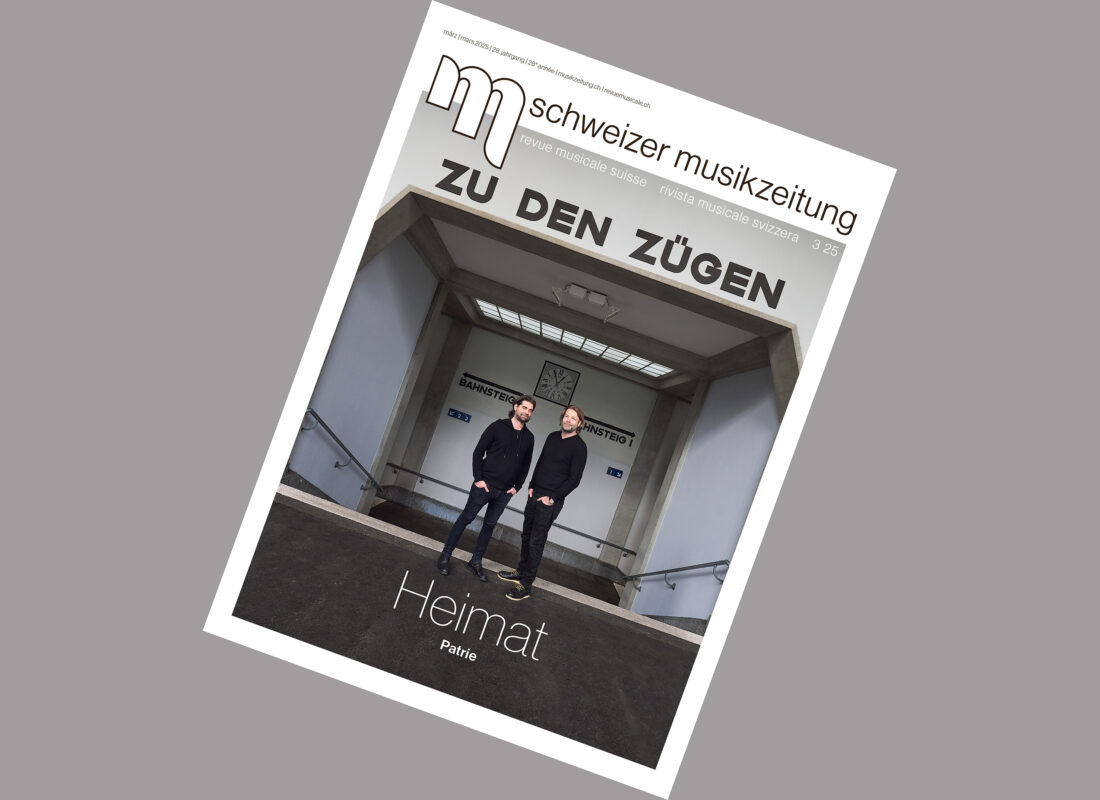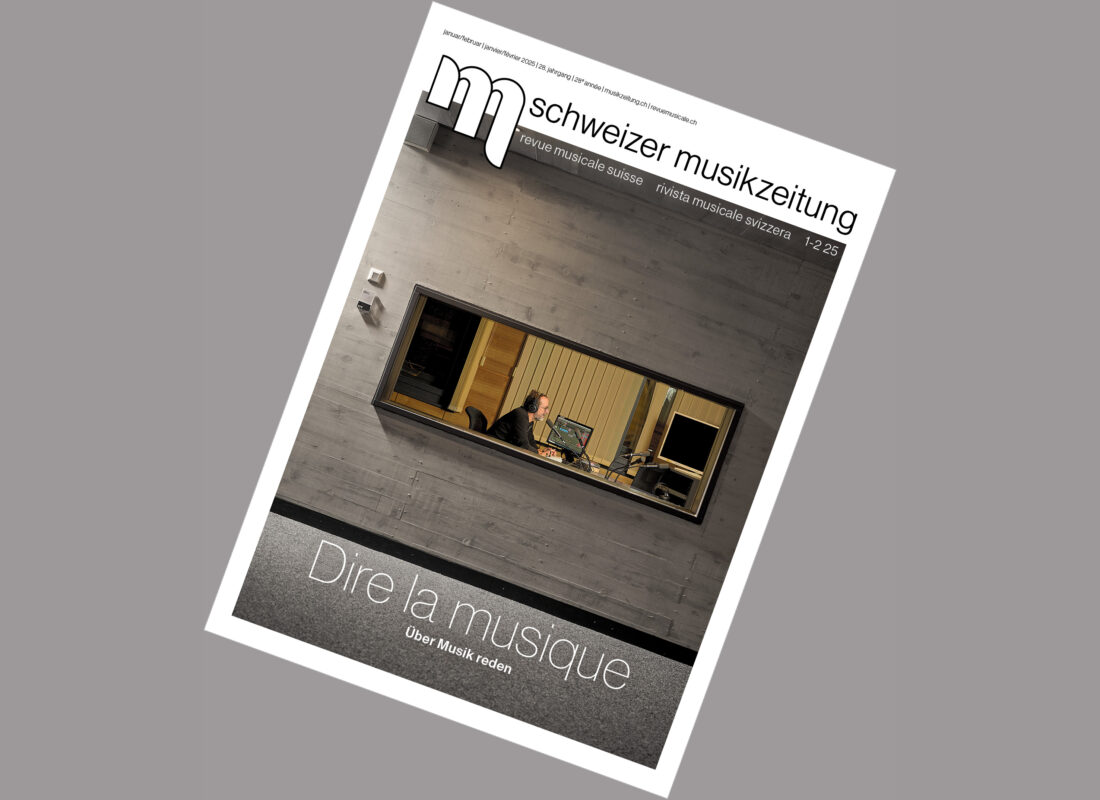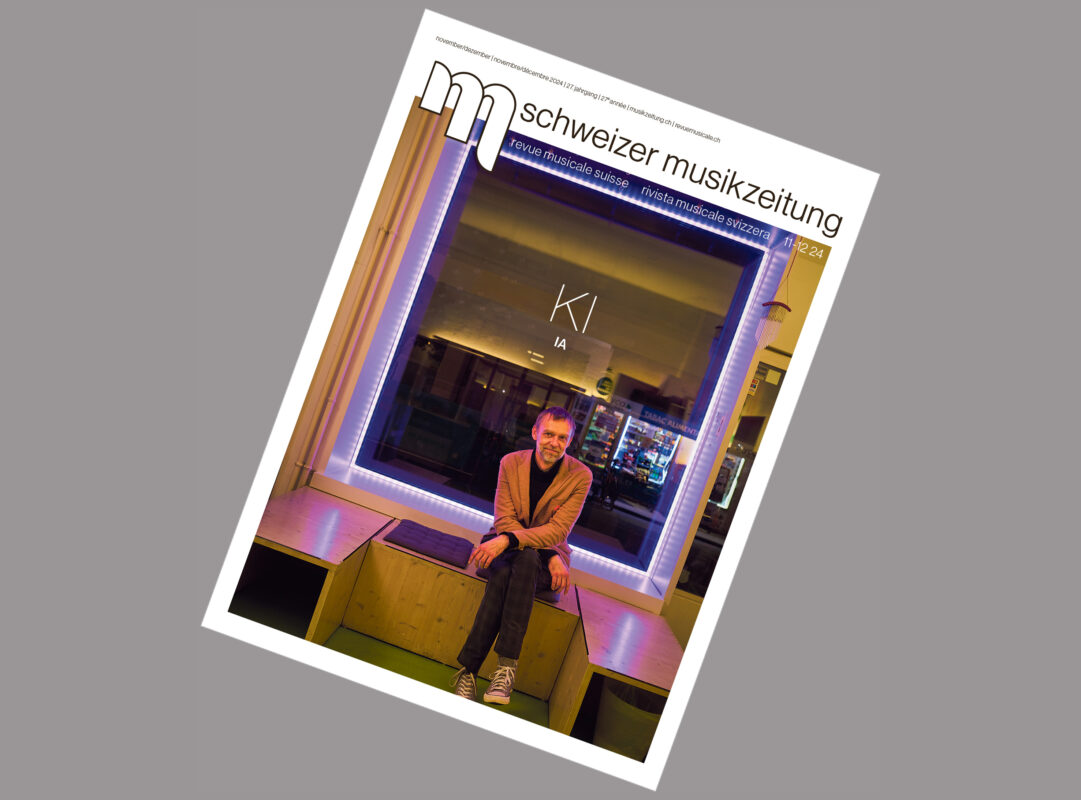Boulez at Burger King?
New music for quick consumption.


New music for quick consumption.
Pierre Boulez, the last great founding figure of New Music, died this January. The obligatory obituaries attempted to do justice to his wide-ranging work. Sometimes the composer Boulez was at the center of interest, sometimes the conductor and sometimes even the cultural functionary. Ultimately, however, all these texts focused on the all-important question: Will he, will his music remain?
Without exaggerating, it can be described as the Gretchen question of art reception. Since the second half of the 18th century, only those who stand up to the judgment of subsequent generations have been declared great composers. This attitude has caused a number of problems for today's classical music scene. Contemporary music has suffered in particular, having been pushed to the margins of social perception in the course of the 20th century. The blame for this is often placed on the music business, the public or other dark forces. However, it is forgotten that not only the recipients but also the producers themselves show little interest in the present. For the composers of our time have also internalized that only those whose music survives really count.
Although many traditional ideas about the art of music have been called into question in New Music, most of its representatives cling to the narrative of masterpieces that transcend time - probably in the hope of making their own contribution to the canon. One could generously overlook this romantic anachronism of the avant-garde by glorifying it as a psychologically necessary part of an artist's existence that is advancing into unknown realms. One could. But fresh approaches are needed to give contemporary music a presence in the third millennium.
Hamburger instead of Filet Wellington
Let's try a thought experiment - instead of creating works for eternity, which are then only performed once, one could make a virtue of necessity: write pieces for the moment, for exactly one performance, unrepeatable. Or, to use an analogy: instead of immortalizing their names in dishes like the Filet Wellington, composers should stand behind the grill at McDonalds. Create music with the advantages of a hamburger - to be devoured quickly.
What would there be to gain from this? If you look at the development of the music industry, you can see that the previous business model is steadily disintegrating. The recording industry has been robbed of its sales market by free downloads, and the only way to earn money is from concerts. In pop music, the greats of the genre are therefore demanding ever higher ticket prices for increasingly elaborate live concerts, while in serious music the cult of performers is growing immeasurably. While their guest appearances are usually well attended, the halls otherwise remain half empty. The trend towards the concert as an extraordinary event must be taken up and consistently developed. In times of reproducibility and digital distribution of music, uniqueness and unrepeatability can become a decisive competitive advantage. Anticipating this development is a challenge, but also an opportunity, especially for new music.
There were already several approaches in this direction. The aleatoric style of the late 1950s, as exemplified in Stockhausen's Piano piece XI can be interpreted as an attempt to give a work a different form with each performance. The site-specific pieces by the Canadian R. Murray Schafer (*1933) are even more unique and thus have more of an event character. In the music theater The Princess of the Stars The acoustic conditions of the performance venue, a small lake outside Toronto, were incorporated into the composition. If you want to experience a performance of the work, you will have to travel to North America, for better or worse. It is only a small step from such ideas to conceiving compositions in such a way that they turn a particular concert into a unique, irretrievable event. We would then no longer talk about a "great moment" because keyboard player XY had a good day - but because we were there on the only occasion, the new piece.
Time factor
Of course, such a concept requires the music to be adapted accordingly. Since the repetition of a piece is excluded, it should be understandable on a single hearing, for example. It should be quickly consumable and not require extensive explanations. But doesn't this contradict the self-image of New Music? Is the idea that experiments need time to be understood not constitutive of a musical attitude committed to progress? Certainly, but a look at the pre-classical past at least shows that it is possible to write sophisticated music even if you are not aiming for repeated performances or a more understanding posterity.
Composers such as Georg Philipp Telemann or Johann Sebastian Bach would never have dreamed that their music would continue to be performed after their death. Dead composers, even the most famous ones, were of historical value at best. Nevertheless, they devoted all their skills to creating works of the highest standard. Even a work like Telemann's Table musicby definition a piece of incidental music, subtly reveals the art of its author. In order not to defeat the purpose of a musique de table, i.e. not to disturb a courtly banquet with excessive expressivity, the score's refinements lie on a different level. It is Telemann's virtuoso mastery of a wide variety of genres and instrumentations that made him hope to achieve fame among his contemporaries with background music.
Bach's more than 200 cantatas can be taken as another example. Not only did he have to write a new one every week, he also had to rehearse it and perform it on Sunday. Nevertheless, the composer managed to capture the specific expressive content of each text and set it to music. He went to such lengths in the knowledge, or from today's perspective rather in the belief, that these works would only be performed once.
Admittedly, these two examples come from a social environment in which music took on functions that it can no longer fulfill today. Representation of power and the praise of God are not among the primary tasks of New Music. Nevertheless, they are able to show that the quality of the music need not suffer from the demands described above. Even quickly written pieces or concepts that can be grasped straight away can satisfy the highest aesthetic demands.
But what about the idea that advanced compositional techniques need time to establish themselves and become commonplace? I believe that the impact of time is overestimated. Here's a short anecdote: years ago, an old lady complained that there were no "great men" like Mozart or Beethoven left today. I replied rather defensively that this was not true, there was Schönberg. A remark that she only acknowledged with a mocking "Oh, the moderns". A composer who had already been dead for 50 years was still labeled as modern by the lady. So half a century was not enough to rob Schönberg's musical language of its neo-tonal nimbus. It therefore seems advisable for the avant-garde composer not to put too much stock in the future. So why not give hamburgers a try? And don't worry, it's not just geared towards consumption. McDonald's burgers may be swallowed quickly, but they stay in your stomach for a long time.
Simon Bittermann
... has worked in the music trade for over 20 years and also studied philosophy and musicology. He regularly writes reviews for the Tages-Anzeiger. And if he finally finds the time, he will be able to tackle the philosophical aspects of Schönberg's transgression of tonality in his dissertation.








